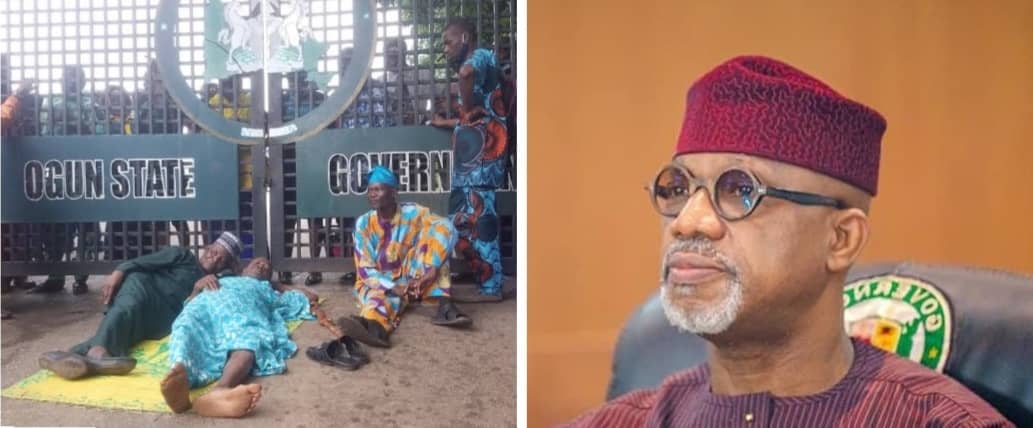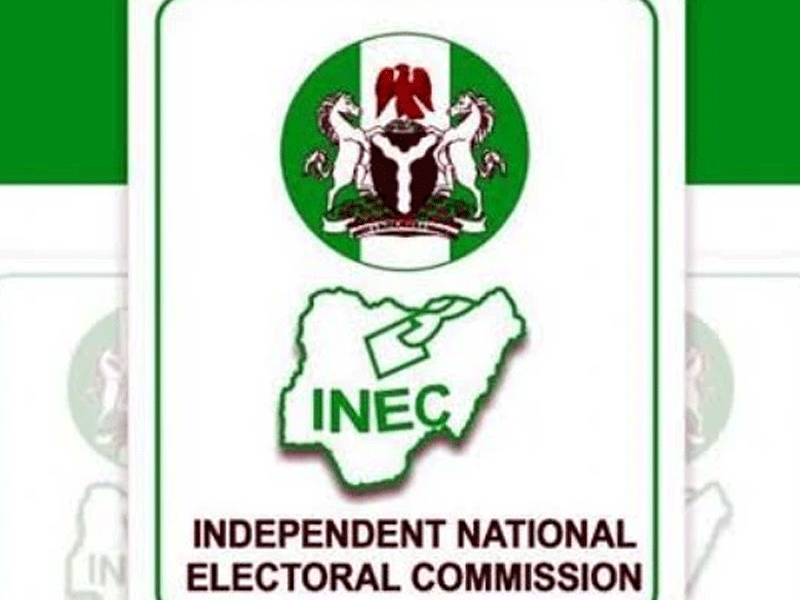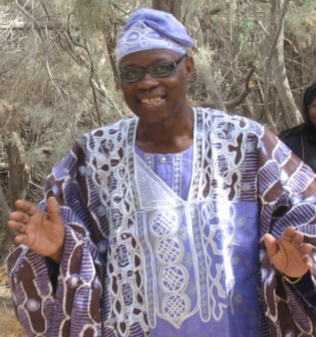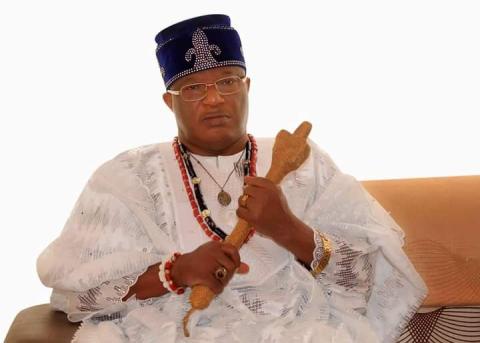
Breaking News: Unilorin Alumi Association: 'We were warned' - Opinion
Breaking News: Breaking: Court Restrains Oyo Assembly from Further Impeachment Process Against Makinde’s Deputy, Olaniyan
Breaking News: Labour leaders physically assault Ogun journalists for covering strike, harass hospital workers
Breaking News: Congratulations Asiwaju – Osinbajo’s spokesperson accepts defeat
Breaking News: Finalissima: Messi steals show, beats European Champion, Italy
The House of Representatives, Wednesday okayed the Electoral Act Amendment Bill for Second Reading.
The Bill titled “A Bill for an Act to amend the Electoral Act, 2022 and for Related Matters,” was sponsored by the member representing Ughelli North/Ughelli South/Udu Federal Constituency, Delta State, Mr Francis Waive.
Presenting the Bill, Waive lamented the gaps in the Electoral Act 2022, noting that an amendment of the law to pave the way “for the electronic transmission of results would help the nation’s democracy.”
He also called for the review of the voter register every ten years.
“A review of the voter register every 10 years will be a good starting point,” he said.
Waive said the amendment to the Electoral Act became necessary given the huge litigations associated with the 2023 general elections, especially with the conclusion of litigations arising from the conduct of the elections.
He said the 2022 Electoral Act was enacted by the National Assembly to ensure the credibility of the nation’s electoral process and ensure that the results arising from the use of the law in the conduct of the election will be credible and acceptable to the Nigerian people.
According to him, following the implementation of the law, there was the need to correct some obvious defects in the law and get the nation prepared for the next level of elections.
Waive said section 10 (3) of the 2022 Electoral Act need to be amended to ensure that the Commission will conduct a full-scale voter registration every 10 years alongside the continuous registration of those who clocked 18.
He said the amendment to the section became necessary as the revalidation exercise conducted by the commission at intervals is not enough to remove those not eligible to be on the voters register, adding that the current system of revalidation cannot give Nigerians a clean register.
He said the law also needs to be amended to reduce the cost of elections in the country, adding that conducting the elections on two separate days had put so much pressure on the Nigerian people and their businesses as the country is always shut down for the elections.
The Delta lawmaker said the law should be amended to ensure that all elections such as the Presidential, Senatorial, House of Representatives, Governorship, and State Houses of Assembly elections are conducted on the same day.
He said: “if the country can conduct three elections in one day, we can also conduct the five elections on the same”, added that doing that will save a lot of money and prevent the bandwagon effect associated with the nation’s elections.
He also proposed an amendment to section 60 of the Act which deals with the electronic transmission of election results, saying the current provisions were not specific enough and have left some loopholes which he said were exploited by litigants after the 2023 elections.
He said the provision in the law should be made more specific to allow the Presiding Officer to transmit electronically, the results of an election as well as the accreditation process, adding that the parliament should not make laws that are vague.
He lamented that the last election was dogged by what he described as frivolous cases, saying “Some people had more than three cases at the tribunal and they had to pursue these cases to the last. You find out that someone who got 1000 votes will be going to court to challenge someone who scored 60,000 votes and you wonder what he intends to gain.
“Some governorship cases went up the Supreme Court. The law should impose heavy fines on those who bring frivolous petitions before the courts. This will discourage such acts, thereby reducing the cost of elections.”
Supporting the amendment, Jossy Onuakalosi (LP, Lagos) said elections is meant for the people to elect their representatives and not for the courts to overturn such elections, adding that everything possible should be done to correct the anomaly.
He also said the law should be amended to address delays experienced as a result of glitches in the system, adding that electronic transmission of results will prevent a large number of litigations.
Also contributing, Aliyu Sani Madaki (NNPP, Kano) faulted the provision that tends to disqualify eligible voters who are not able to be accredited as a result of the failure of the machine to accredit them, adding that such persons should not be punished for the fault of INEC.
Madaki said the law should find a way of ensuring that such people are allowed to vote, an argument that was faulted by the sponsor of the bill who said if such is allowed, there is the tendency that it will be abused.
The bill has been referred to the House Committee on Electoral Matters who are expected to conduct a public hearing on it and other such electoral amendment bills before the House.
Newsletter







We are not gonna make spamming
Copyright By @ HorizonTimes - 2026
BACK TO TOP